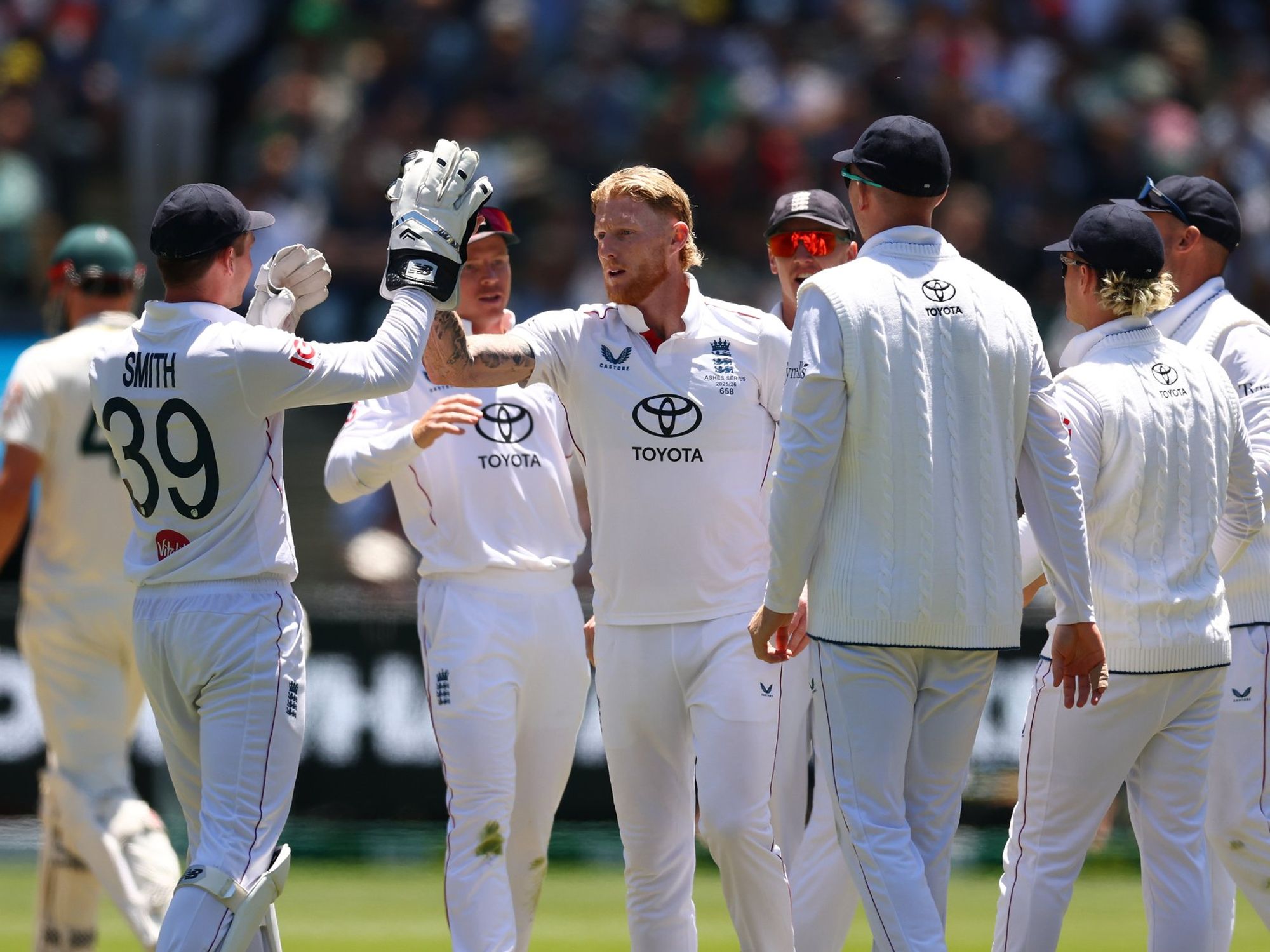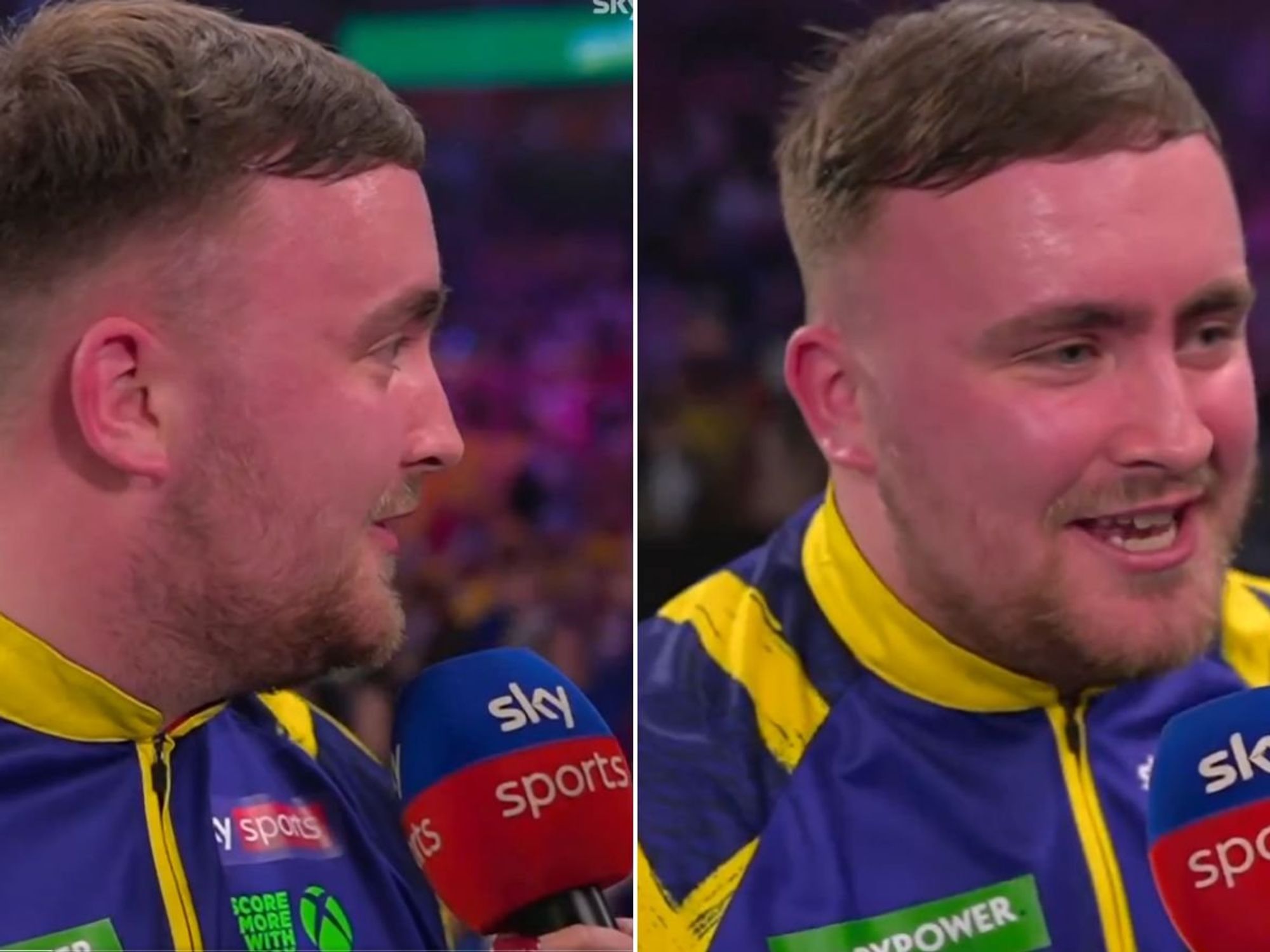The best way to finance your dream motor as new car prices soar - analysis by Nick Zapolski

Experts have urged drivers to shop around before looking to buy
| GETTYNick Zapolski, founder of ChooseMyCar, analysed the best deals on the market for motorists to get behind the wheel of their favourite vehicles
Don't Miss
Most Read
There are three main ways that people finance cars, but which one is right for you depends on the type of car you want, whether you want to own the car outright, your ability to pay, and your credit history.
It’s no wonder car financing is a hot topic. Global supply problems and rising costs made new car prices soar.
That hit the used car market and although prices have been falling, the average asking price is still around double what it was ten years ago.
Before deciding what car finance option is best for your personal situation, it’s a good idea to take a look at the options and weigh up the pros and cons.
Do you have a story you'd like to share? Get in touch by emailing motoring@gbnews.uk
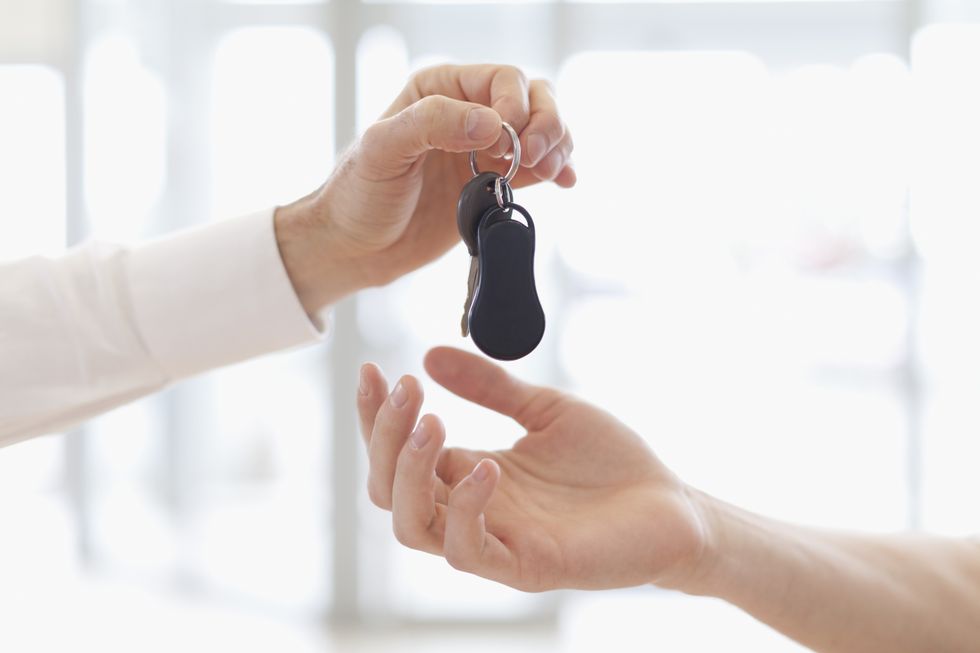
Car hire repayment rates vary between 9.9 per cent to 29.9 per cent
| GETTYHire purchase (HP)
The most common, and straightforward, is hire purchase - basically, agreeing a loan to buy the car and paying it off, with the loan secured against the car. At the end of the agreement, you then own the car.
An initial deposit (usually around 10 per cent of the value) can lower the monthly cost and give you a better rate.
Typically, rates for new cars are very competitive whereas rates for used cars can range from 9.9 per cent all the way to 29.9 per cent depending on your circumstances. Remember to look at the total cost of a loan, including interest and fees.
Pros:
- Once you’ve paid the loan, the car is yours
Cons:
- You don’t own the car until the end of the agreement, if you don’t keep up your monthly payments, the finance company is entitled to take the car back
Best for:
- Owning the car outright
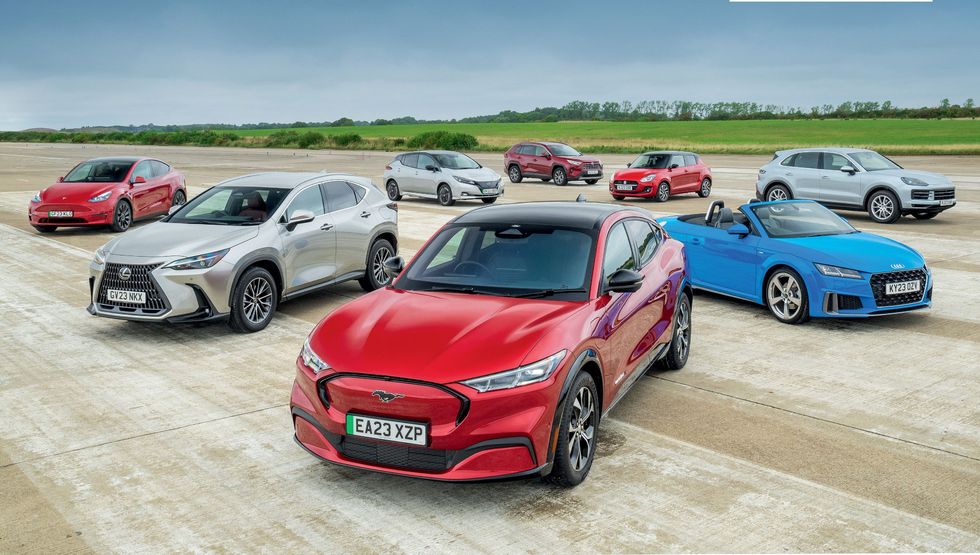
Personal Contract Purchase have mileage restrictions
| WHAT CAR?Personal Contract Purchase (PCP)
With a PCP finance deal, you pay instalments that cover part of the cost of the car (usually around a third of the price), so your monthly payments can be lower than taking a loan to buy the car outright.
At the end of the agreement, you’ll get the option to buy the car, or hand it back.
PCP became popular for higher-value cars as you could end up with a relatively competitive monthly repayment on a car that wasn’t going to depreciate a lot over time.
Most PCP deals will include a mileage restriction, often with big “per-mile” charges if you go over.
Despite this, it can be a great option if you want flexibility, as you can choose to buy, swap, or give back the car at the end of the agreement. It’s important to note that if you do want to buy, the final payment can be expensive.
Pros:
- Lower monthly repayments and a flexible option
Cons:
- High final payment costs if you want to buy
Best for:
- Affordability and having the option to buy or give back depending on your circumstances when the time comes
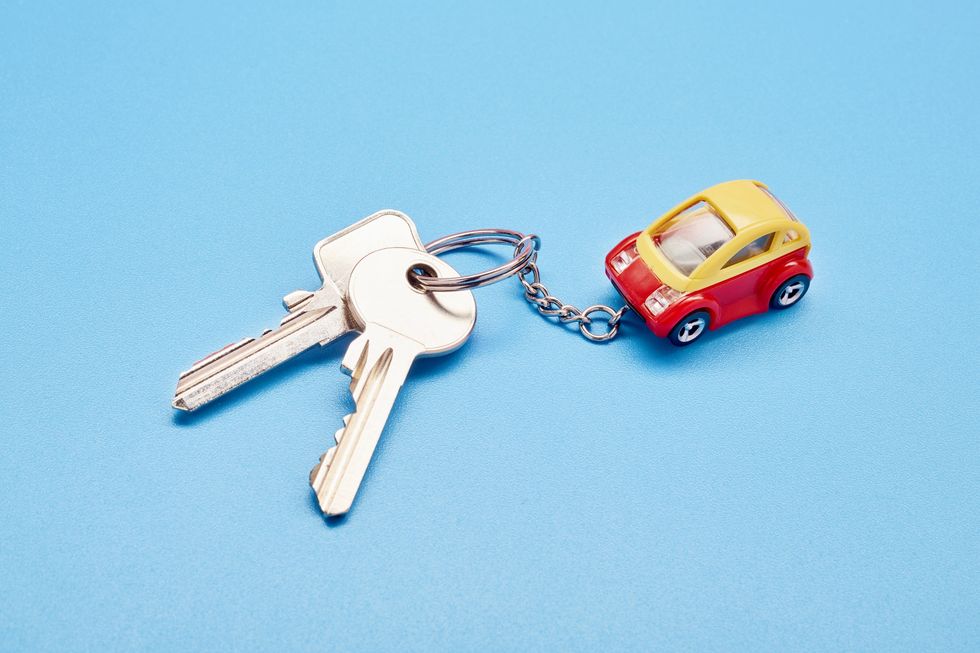
Hybrids and EV’s can be bought through salary sacrifice scheme
| GETTYLeasing
Leasing is becoming more popular. It’s mainly aimed at new cars and can come with tax incentives if you’re purchasing a hybrid or electric vehicle as part of a salary sacrifice scheme through your employer.
Because you don’t own the car, a lease is less about your credit score and more about affordability.
With leasing, you usually pay an up-front deposit, but monthly repayments will be lower than HP or getting a loan.
You use the car through the lease period, just like it was your own, but with restrictions on mileage.
Be aware that you’ll still be responsible for maintenance costs, like servicing and repairs that come up while you’re leasing the car, though some contracts offer a maintenance package for an additional monthly fee.
Pros:
- Lower monthly repayments
Cons:
- You never own the car
Best for:
- Hybrids and EVs purchased through a company salary sacrifice scheme
LATEST DEVELOPMENTS:

Car hire repayments generally take between 12 and 60 months
| GETTYHire purchase is a straightforward process where you pay a deposit, followed by regular payments over an agreed period.
Once the term ends, which is typically between 12 to 60 months, you own the vehicle outright, and there should be no hidden fees or unexpected costs.
PCP, the second most popular financing method, has some important differences that drivers should be aware of.
With PCP, you're effectively renting the car long-term, facing usage restrictions, and you'll need to pay a lump sum at the end if you decide you want to keep the vehicle.
Finally, leasing is 100 per cent rental over your agreed term, but you have to give the car back, and so don’t have to worry about selling the car or depreciation.
Nick Zapolski, founder of ChooseMyCar





